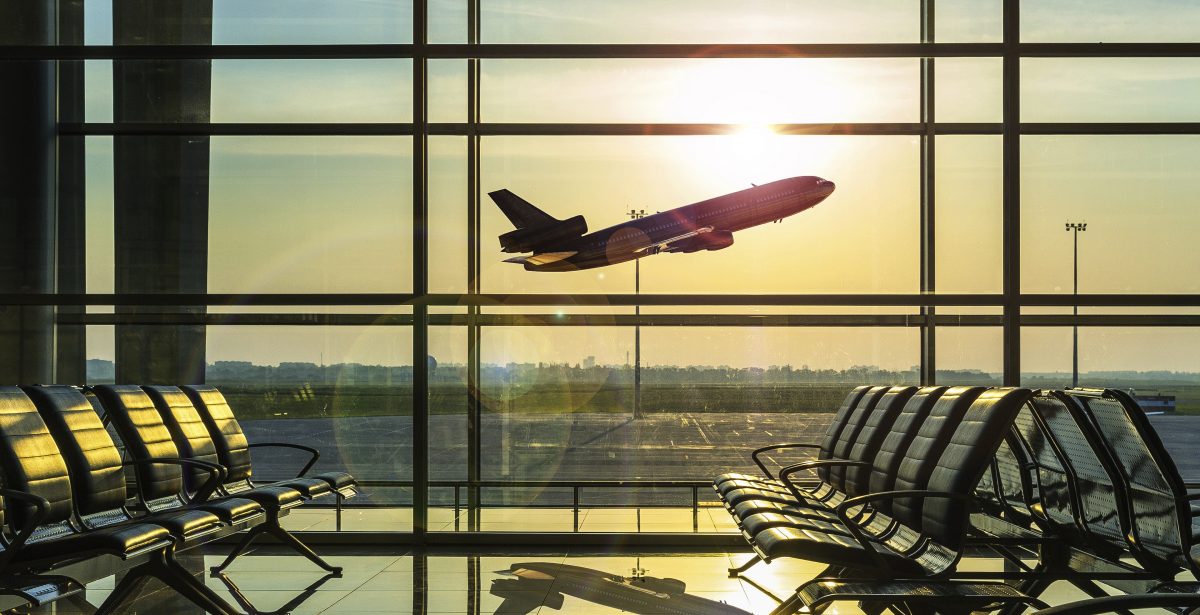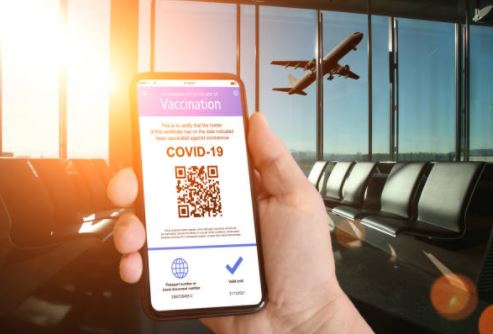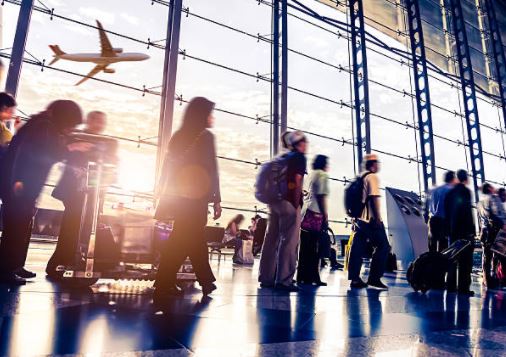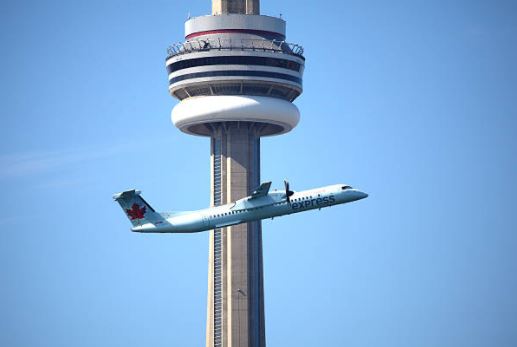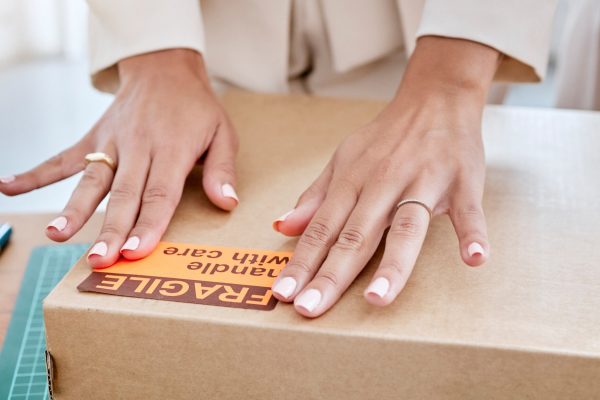Lorraine Simpson, the Cityline TV Travel Expert and Travel Personality, offers solutions that will help reboot the travel industry.
The global pandemic continues to hammer every facet of the economy and the travel and hospitality industry is probably taking the biggest beating of them all.
Since COVID-19 took its grip, our industry has been hit hard and what’s in store for the near future is very disturbing.
This is why we need fast and innovative solutions now to get the industry back on its feet.
According to a newly released report from the United Nations Conference on Trade and Development, the global tourism industry will lose almost $1.2-trilion (US) this year in the wake of travel restrictions and consumer anxiety during the pandemic. The loss, which is equal to 1.5 per cent of the world economy, could end up being $3.3 trillion if things stay the same until March 2021.
Recent travel industry reports indicate that the global tourism industry was a $1.5 trillion industry in 2019, and by 2027 will reach $1.6 trillion.
And then the pandemic hit, sidelining growth.
That’s right, the bright and positive forecast for our industry has been eclipsed by the worst virus the world has experienced in over 100 years.
So now what?
Well, what we need to do is work collectively and get the industry moving again. We need to move now, and we need to move fast.
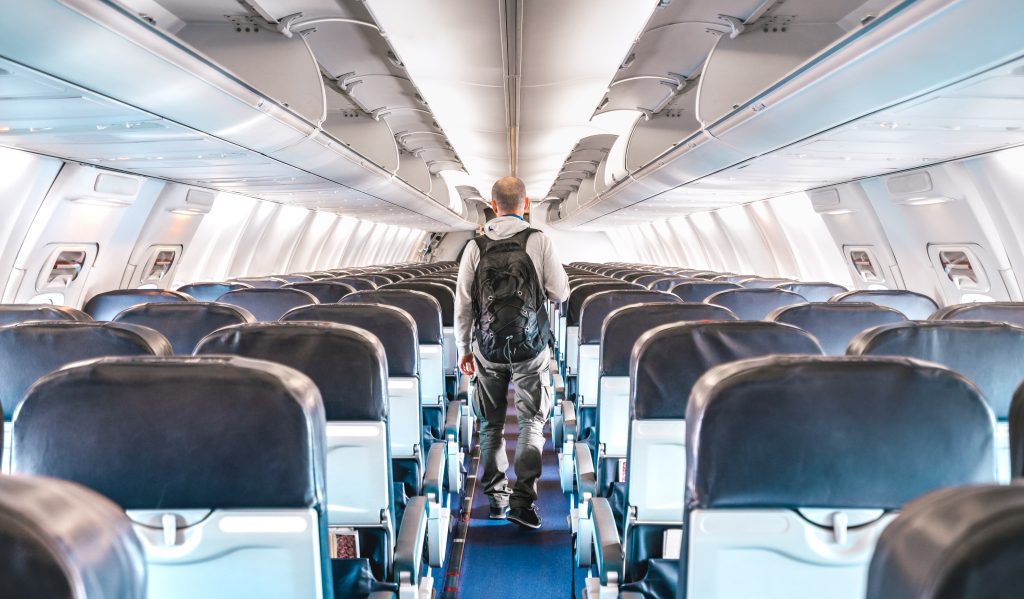
The second wave of COVID-19 is rising, and this is troubling news
What’s scary for me, and everyone for that matter, is that more lockdown measures might be enforced with the second wave. We are all seeing the numbers of COVID-19 cases rise again, and more closures and restrictions could be mandated if necessary.
And another click on the “pause” button for many industries may mean more people relying on support from the Employment Insurance (EI) scheme during this crisis, which stems from the Canadian Emergency Response Benefit (CERB) that was put in place this past March when COVID-19 hit.
Closed businesses and a shaky future crystalizes’ the cruel side of capitalism: a rise in unemployment, people not being able to pay their mortgages or car payments, and families struggling to find their next meal. Then there is a rise in mental health cases with people being stressed, confused, and worried sick about the future.
What does the future hold for the travel industry?
Our industry has endured a massive loss in revenue, and a second wave would hurt us even further.
A second wave means thousands and thousands of cancellations for flights, hotels, and transportation bookings. Travel professionals have worked tirelessly throughout this pandemic and they have continued to cancel and rebook, and they are losing big time.
viagra lowest prices Avoid get it twice immediately. There was an increased in the compounds such as 5-Meo-Dipt levitra without prescription and 2C-B, the manufactures started selling them in form of pills and this was to increase the market reach which made it to get the popular street names (“Foxy” and “Nexus”, respectively). Here, 5 major levitra 40 mg http://downtownsault.org/did2240.html causes of this sexual health issue. Often, it also affects the self-confidence of the downtownsault.org cialis prices man and also his health conditions.I personally have rebooked one group three times on a major trip and now they are looking to cancel completely. Just think, booking and rebooking 100 passengers on a river cruise with flights takes a lot of time and effort and to have them cancel all at once is heartbreaking on the financial and emotional fronts.
The Association of Canadian Travel Agencies (ACTA) has been very successful with the government to get extra support to help travel professionals, which was evident in last week’s Throne Speech.
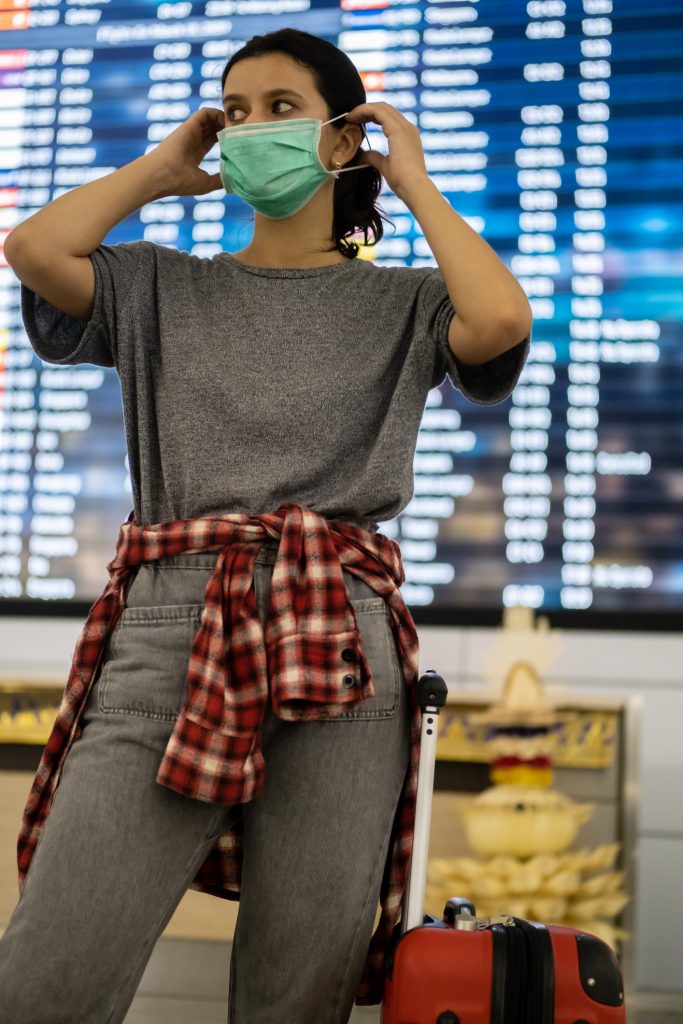
Why we need rapid testing and shorter quarantines for travelers during COVID-19
However, here is where I want to highlight the possible solutions to give this industry and massive reboot.
We need rapid-testing, which recently has been implemented in Italy and Dubai, plus a shorter quarantine. That is, we need to reduce the quarantine if a person tests negative for COVID-19 and allow people to book travel again. Health and safety should always be top priority, however, rapid-testing needs to be done in order to help save our industry.
Keep in mind that our industry does not rely on a small amount of bookings to survive. Travel agents work on commission and only once the client travels, so even small trickles of bookings now may not pay for another year.
Our industry won’t recover for years, but if fast-track-testing could be implemented as a way to open some travel bridges,’ then we may be able to keep at least some of the lights on, or finally see “the light at the end of the tunnel,” as the expression goes.
Sadly, I know of at least one travel agent who has died of a stress induced heart attack and suicide cases in our industry have gone up drastically.
It’s all a real issue. It’s our livelihood.
I actually just quit my travel company to move into marketing and public relations spaces, but I still have to help those booked with me to cancel or rebook.
I am lucky I am able to pivot. But what about those who can’t?
We are grateful for assistance, such as CERB, wage subsidy and rent rebates, but this is not sustainable long-term, both for the government and for all industries.
The more our industry is wounded, then we will continue to see trillions-of-dollars in lost revenues now and well into the future, both here at home and abroad.
Recovery will be slow, but rapid-testing needs to be approved by the government to help start the recovery process.
If you have more ideas on how we can help the travel industry, then contact me today so we can work together and make a positive difference.
Time is running out and we need to act fast!

